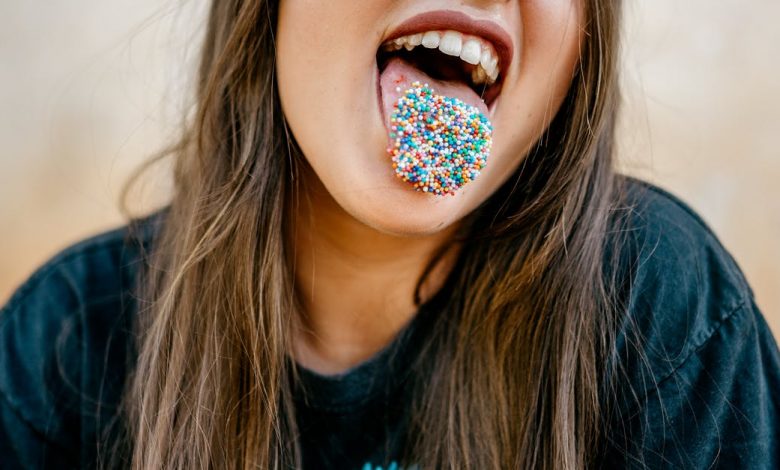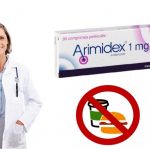Foods To Avoid While On Isotretinoin

For most people, taking a new medication may mean switching up your lifestyle a bit and that includes the foods you eat. A food-drug interaction means that a specific nutrient or compound within the food changes the way your body metabolizes the medication, and this can either enhance or reduce the dose your body gets, according to Johns Hopkins Medicine. The potential results: an increased risk of side effects, many of which can be dangerous, or the drug not working as it was intended. Before introducing a medication, ask your pharmacist about any food interactions, including with alcohol, and any adjustments you may have to make to your diet.
What is Isotretinoin?
Isotretinoin is a prescription medication for severe acne. This type of acne causes deep, painful cysts and nodules, which can be the size of a pencil eraser or larger. As this acne clears, scars often appear. Severe acne can be difficult to treat. When other treatments fail to clear the skin, isotretinoin may be an option. Treatment with isotretinoin often results in prolonged clearance of acne, which can be permanent for some patients.
Brand names for isotretinoin include Absorica®, Amnesteem®, Claravis®, Myorisan®, and Zenatane™. Some people refer to this medication as Accutane®. This is a brand of isotretinoin that is no longer available.
How should Isotretinoin be used?
Isotretinoin comes as a capsule to take by mouth. Isotretinoin is usually taken twice a day with meals for 4 to 5 months at a time. Follow the directions on your prescription label carefully, and ask your doctor or pharmacist to explain any part you do not understand. Take isotretinoin exactly as directed. Do not take more or less of it or take it more often than prescribed by your doctor.
Swallow the capsules whole with a full glass of liquid. Do not chew, crush, or suck on the capsules. Your doctor will probably start you on an average dose of isotretinoin and increase or decrease your dose depending on how well you respond to the medication and the side effects you experience. Follow these directions carefully and ask your doctor or pharmacist if you are not sure how much isotretinoin you should take.
It may take several weeks or longer for you to feel the full benefit of isotretinoin. Your acne may get worse during the beginning of your treatment with isotretinoin. This is normal and does not mean that the medication is not working. Your acne may continue to improve even after you finish your treatment with isotretinoin.
List of foods to avoid while on Isotretinoin
According to studies, food plays an important role while taking isotretinoin because the medication is better absorbed by the body with the consumption of food. Specifically, it is best absorbed with the consumption of fatty foods. Experts recommend taking isotretinoin with some type of fat–nuts, cheese, avocado, meats, or fatty fish such as tuna or salmon.
However, one of the potential side effects of isotretinoin is an increase in the level of cholesterol in the blood. The foods that raise cholesterol should be avoided, like saturated fats and simple carbohydrates which can include:
- High-fat meats
- Deep-fried foods
- Cheese
- Bread
- Potatoes
- Pasta
- Candies
- Sugared fruit juices and soft drinks.
- Banana
- Grapes.
These types of food should be avoided while taking Isotretinoin because they can affect the way the drug works and increase the risk of unpleasant side effects.
In addition, do not drink alcohol while you are taking Isotretinoin. You may have unpleasant side effects such as fast heartbeats, warmth or redness under your skin, tingly feeling, nausea, and vomiting. Check your food and medicine labels to be sure these products do not contain alcohol. It is important to tell your doctor about all other medications you use, including vitamins and herbs. Do not stop using any medications without first talking to your doctor.





